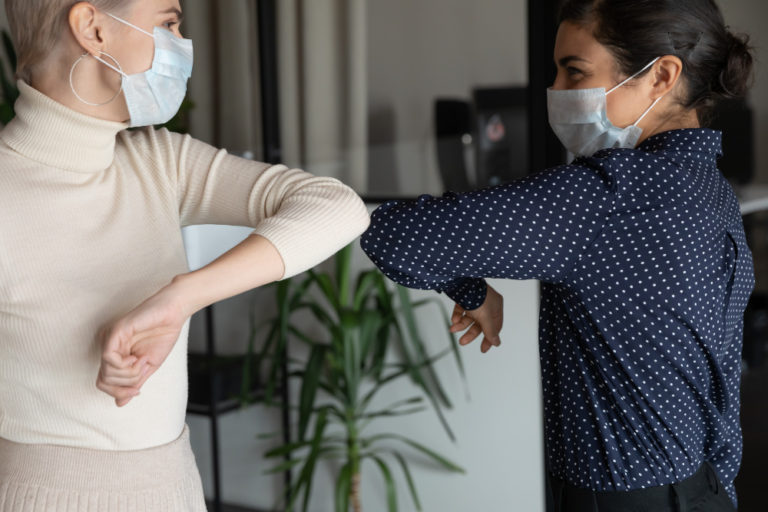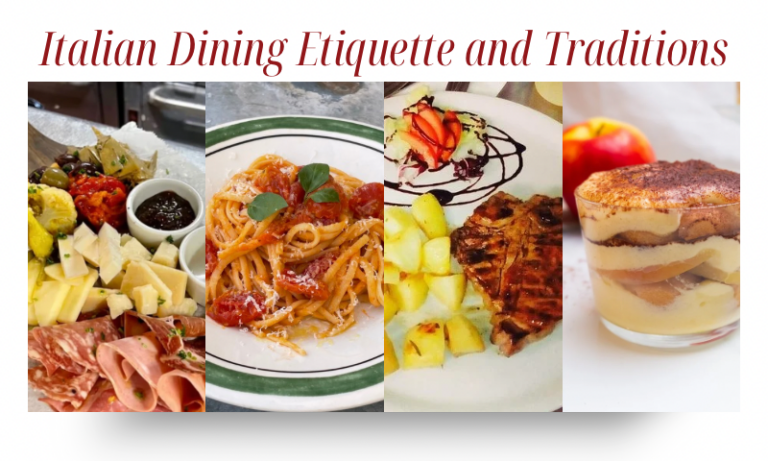What Message Does Eye Rolling Send?

I was recently asked about how to handle a friend who has a bad habit of rolling her eyes when she disagrees with what people are saying. She has hurt many people’s feelings throughout the years but no one wants to address the situation. It’s a never ending circle of hurt feelings and rolling eyes. In general, eye rolling signals a variety of emotions such as boredom, disbelief, sarcasm, cynicism or contempt.
Addressing the situation with the friend is the only way to get the issue out on the table. Instead of giving the same eye roll back, say something like, “It looks like you disagree with what I’m saying. I would love for you to share your thoughts.” The eye roller may feel on guard but if you keep your tone friendly and engaging, it may be an opportunity to break through a bad habit and allow the eye roller to express their feelings of frustration.
Here are some examples of what eye rolling really means:
You are Going Too Far
Often an eye roll means you have spoken too long or stepped over the line when making your point in a heated debate. Eye rolling often serves a purpose because it signals to the other person that they have gone too far. Use it as a cue to reframe your words or go in a different direction with your delivery if you notice someone eye rolling when you are in a conversation. Rather than feeling irritated, focus on how you can reengage with your friend, peer or audience in a way they will better understand.
A Gesture Not Exclusive to Women
While it’s often thought that women roll their eyes more often than men as a lower risk behavior—as opposed to men who have historically been noted for speaking their minds, there is plenty of proof that men are also guilty of this gesture.
Feeling Invisible
With Covid, many people have been used to meeting by Zoom and people have loosened or lost some of their inhibitions behind a screen. Now that offices are opening back up, our eye gestures and other social cues need a tune-up. Feeling free to show disdain when someone says something on Zoom is different when they can’t see you behind a turned-off camera, as opposed to rolling your eyes in person where someone is sitting across the desk or table.
Number One Predictor of Divorce
According to researcher John Gottman, eye rolling, along with a few other disrespectful gestures such as sarcasm and name calling, are the biggest predictors of divorce. Eye rolling is a sign of disdain and a strong signal that your partner is frustrated and your relationship may heading for trouble without attention.
A Sign of Unity
A slight eye roll under the right conditions can serve as a subtle sign that “I’m with you” or “I agree” in the proper context. For example, if it’s getting late and someone is droning on, a quick side glance and eye roll means “I feel your pain.”
A Disconnector
When someone tells an inappropriate joke or makes an off color remark, eye rolling serves as a sign of disagreement and releases the pressure you feel to make a verbal comment. According to Lillian Glass, Ph.D. body language expert, “It’s neurology talking. When something is offensive or ridiculous or doesn’t make sense, your eye rolls as a way of disconnecting.”
For more information check out The Protocol School of Texas. You may also like The Value of Discretion in an Over-Sharing World. For more of Diane’s etiquette tips read her posts on Inc., subscribe to her articles on The Huffington Post, “like” The Protocol School of Texas on Facebook, and follow her on Pinterest, Instagram and Twitter.





